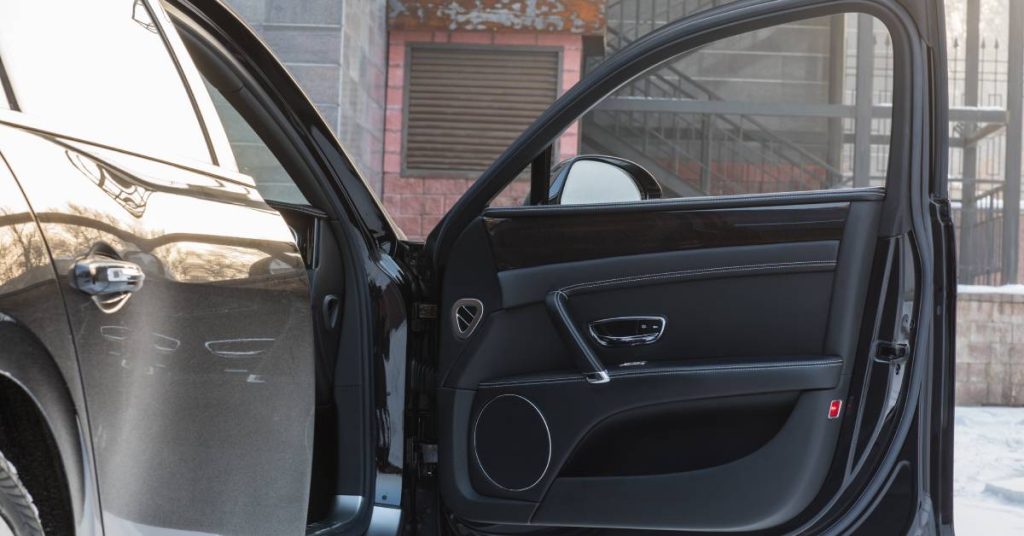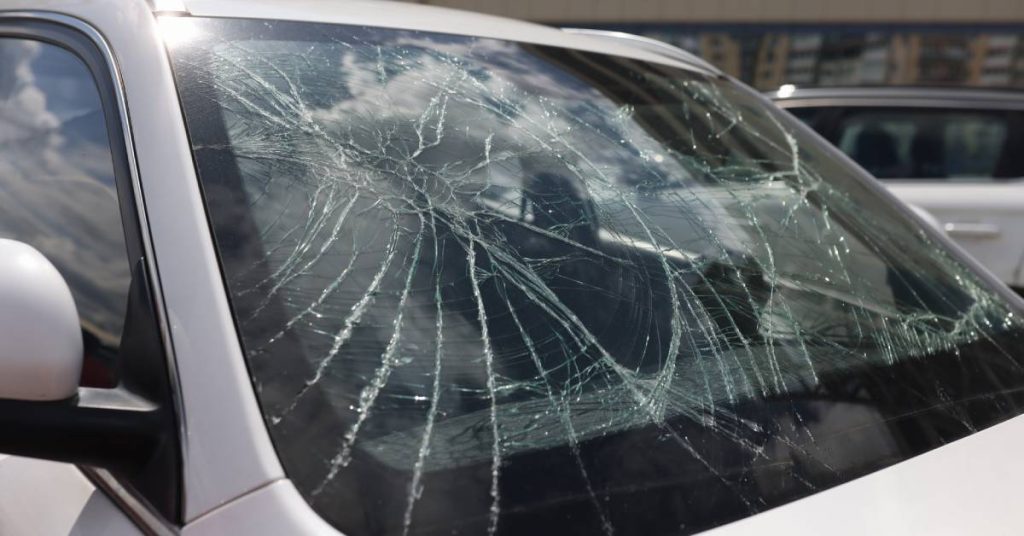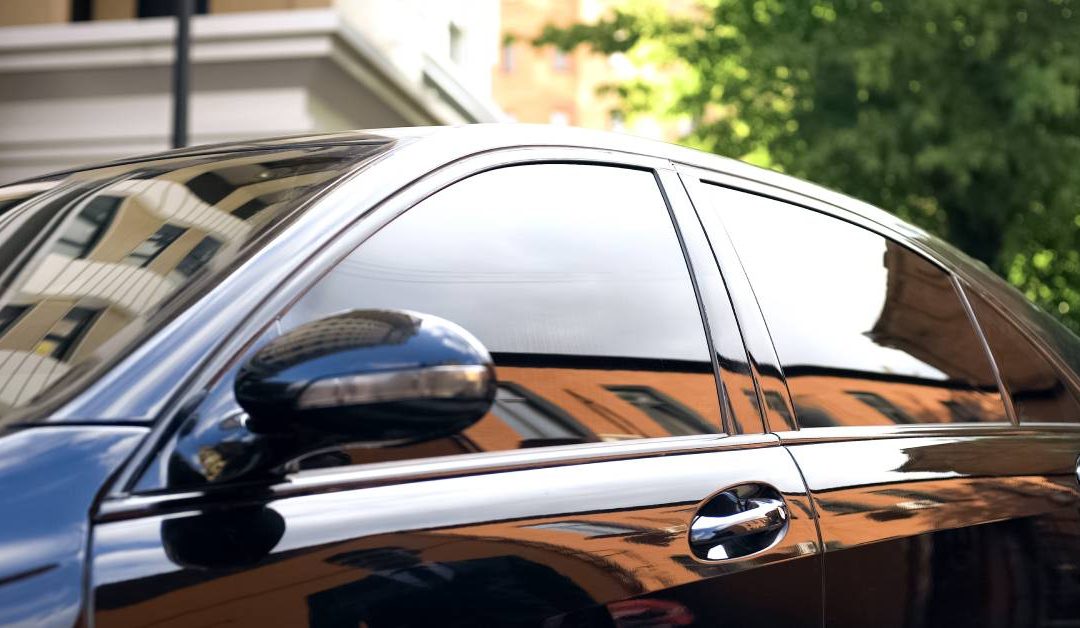You know how essential your vehicle’s glass is to your safety and comfort if you’ve spent time on the road. But did you know that your windshield glass and your door glass have distinct purposes? Understanding the difference between windshield glass and door glass can help you make better decisions when it comes to repairs, replacements, and even insurance claims. By the end of this blog, you’ll understand each type’s vital role in your vehicle’s functionality and what to do when either type needs attention.
Why Are the Differences Important?
Understanding the distinction between windshield and door glass is key for optimal safety and practicality on the road. Knowing the characteristics of each type can help you:
- Choose the right materials and services in case of damage.
- Understand how each contributes uniquely to your vehicle’s safety.
- Make well-informed decisions regarding costs and replacement options.
The Science Behind Windshield Glass
Your windshield provides a barrier against debris, wind, and other external elements; however, manufacturers carefully engineered it for safety and functionality.
Laminated Glass Construction
Manufacturers craft windshields from laminated glass, a durable material that offers both strength and safety. Laminated glass consists of two layers of glass held together by a thin layer of polyvinyl butyral (PVB).
During a collision, this inner layer keeps the glass intact so it doesn’t shatter into sharp pieces that may cause injuries.
Safety Features of Laminated Glass
Additionally, laminated glass is significant to airbag deployment, as the inflated airbag presses against the windshield. The laminated structure provides the necessary support for the airbag to deploy successfully and protect you and your passengers.
Furthermore, laminated glass enhances optical clarity and reduces UV rays, amplifying driver comfort and visibility.
Replacement Over Repair
Repairs can remedy minor issues if your windshield has suffered cracks or chips. However, replacement becomes essential with extensive damage to restore the windshield’s structural integrity and safety features.
Legal Standards
Windshields must adhere to strict safety regulations, including the Federal Motor Vehicle Safety Standards (FMVSS) in the United States. These regulations dictate the materials, construction, and impact resistance levels required for windshield glass.

The Function of Door Glass
Door glass (also called side glass) serves entirely different purposes compared to your windshield. This type of glass focuses on providing visibility, ventilation, and ease of access.
Tempered Glass Construction
Tempered glass—the primary material used for door glass—undergoes a unique heat treatment process. This process significantly strengthens the glass, making it up to four times tougher than standard glass.
Unlike laminated glass, manufacturers designed tempered glass to shatter into small, blunt pieces upon impact to reduce the risk of injury during accidents.
Breakaway Design
The shatter-resistant nature of tempered glass is intentional. The design allows for rapid evacuation by breaking the glass safely if you’re in an emergency, such as a vehicle becoming submerged in water.
Functions Beyond Safety
Door glass serves multiple functions:
- It allows you to circulate fresh air when rolled down.
- It provides a clear view for merging into traffic or backing up.
- Many modern cars feature power-operated window systems for ease of use.
Unlike windshields, door glass that suffers damage often needs complete replacement. Technicians cannot repair tempered glass like laminated glass due to the way it breaks.
Additional Differences Between Windshield Glass and Door Glass
Durability
- Windshield Glass: Laminated glass is highly durable and resistant to cracks, making it more suitable to withstand direct impacts.
- Door Glass: While tempered glass is strong, it is more prone to shattering upon substantial impact compared to laminated glass.
Repair vs. Replacement
- Windshield Glass: Technicians can often repair windshield damage, such as minor cracks or chips, using specialized resin, making repair a common solution for minor damage.
- Door Glass: Due to the nature of tempered glass, door glass requires a full replacement once damaged.

What Happens When Damage Occurs?
Damage can occur from debris on the road, vandalism, or car accidents, whether your windshield or door glass incurs the impact. Explore some key tips on handling these issues below.
Windshield Damage
Repair kits or professional services can often restore minor cracks and chips without requiring a full replacement. However, large cracks will require a new windshield—especially those obstructing your view or extending to the edges.
Keep in mind that driving with a compromised windshield puts you at risk for legal penalties and safety issues.
Door Glass Damage
Replacement is usually the only solution for damage to door glass. Fortunately, replacements are straightforward, and most professional technicians can complete them.
Additionally, many comprehensive insurance policies cover glass damages, so check with your provider to minimize expenses.
Choosing the Right Auto Glass Service
Not all services are created equal when it comes to repairs or replacements. Look for providers that:
- Use a high-quality Original Equipment Manufacturer (OEM) or equivalent glass.
- Offer warranties for their services.
- Have an Auto Glass Safety Council (AGSC) certification or similar certifications.
Fusion Windshield Repair offers excellent auto glass services that cater to a variety of needs in the Salt Lake City area. Ensure your vehicle’s glass continues to meet safety and performance standards by choosing a reputable service.
Maintain Your Vehicle Glass for Longevity
Taking care of your windshield and door glass guarantees their longevity and functionality. Be aware of a few helpful tips:
- Use ammonia-free cleaners routinely to keep visibility clear without damaging the material.
- Small chips or cracks can grow over time, especially under pressure or extreme temperatures. Be sure to conduct regular inspections.
- Extreme temperatures, high pressure from washing, and improper cleaning tools can all have an impact on durability. Be gentle as often as possible.
Staying proactive reduces the likelihood of costly repairs and keeps you safe on the road.
Safeguard Your Driving Experience
Your vehicle’s glass does much more than frame your view—it protects you, supports your car’s structural integrity, and keeps you comfortable. Understanding the difference between windshield glass and door glass ensures you stay equipped to care for your vehicle and make informed choices when damage occurs.
Consult a trusted auto glass technician at Fusion Windshield Repair today if you’re dealing with damaged glass or want to learn more about maintenance. Our expertise guarantees safety, performance, and peace of mind every time you’re behind the wheel.


Recent Comments